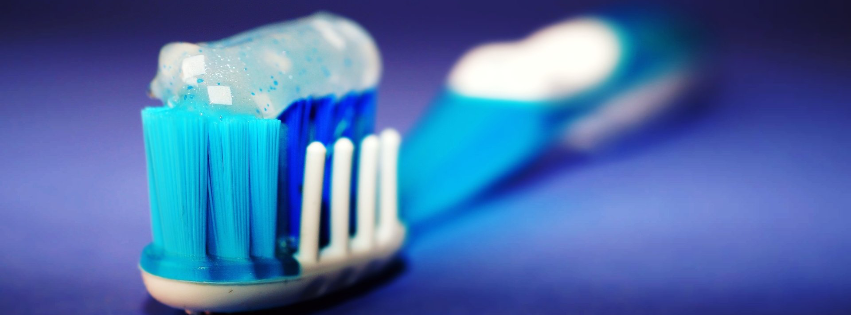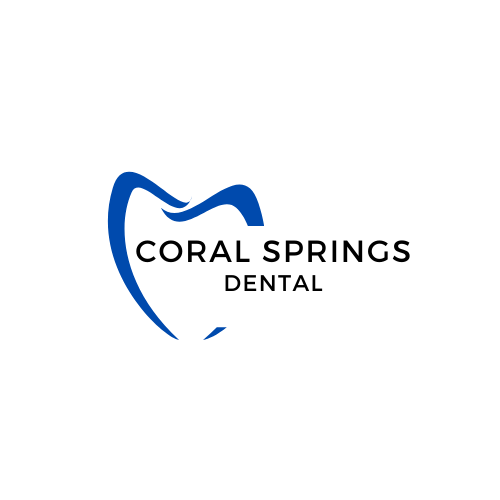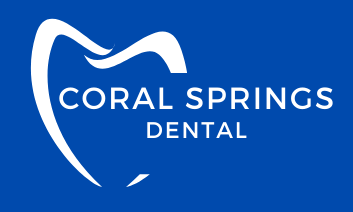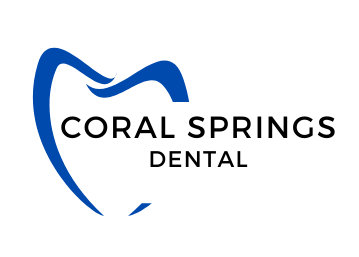Dental Advice
Dental pain can be some of the most disturbing pain ever. People often wonder how such a little tooth can cause such pain. There are numerous reasons for dental pain such as decay, trauma or an uneven bite. Booking an appointment to see a dentist is the best way to find out what the problem is but in the mean time there are things you can do.
- Advil (Ibuprofen) is one of the most effective, over the counter drugs available. The anti-inflammatory properties in the medicine makes it work better than Tylenol.
- Placing an ice pack on your cheek over the site that is painful can provide some temporary relief.
- Using Baby Orajel on the tooth can also provide some temporary relief.
- Avoid excessive biting or chewing on the tooth will allow the inflamed ligaments around the tooth to settle down and provide you with some pain relief.
Laying flat on your back can provide you with some pain relief because of the decreased blood flow to the area.

Frequently Asked Questions
Will it hurt?
Dentistry has advanced to the point that most treatments can be performed with little or no pain. The best solution is to seek treatment “before” it hurts.
Can’t you just pull it?
A quick fix now may lead to problems later. It’s always best to attempt to restore the teeth you have rather try to replace them. There’s nothing that can compare with natural teeth for the function. Teeth that are beyond repair should be extracted, keeping your natural teeth far outweighs the benefits of losing them. Dentures do not replace teeth, they replace no teeth; now that’s something you can chew on!
Do I have to have x-rays?
It’s impractical to do a complete examination, especially on your first visit, without radiographs (x-rays). We usually take a short series of radiographs to start. IF we feel that more radiographs are required for a specific situation or for a more accurate diagnosis of a more serious dental condition, we will discuss this with you.
Why do my gums bleed when I brush or floss?
Bleeding gums are a sign of gum disease. Mild gum disease is common and very easy to treat. The bleeding gums are a signal we need to remove irritation buildup of debris and plaque from under the gums. Proper cleaning and regular home care can prevent further gum disease.
Who owns my x-rays?
The dentist; however it is clear the patient must be allowed access to their records for the purposes of continuing care.
Why is it important to replace that tooth? It has been missing for years.
Replacing the missing tooth will restore the area to proper function. Over the time the teeth on either side of the space may tip over into the space. This can cause difficulty with your bite.
Why are my teeth so sensitive to hot and cold?
Teeth may be sensitive for a variety of reasons. Abrasions or wear of the protective tooth surfaces can be a common cause of sensitivity. To prevent further sensitivity we can show you some important cleaning and brushing techniques to overcome this problem.
Why do I need to come in every 6 to 9 months for a cleaning?
To maintain the health and strength of your teeth and gums. Most adults get buildup on their teeth that, if left untreated, leads to gum disease and eventual tooth loss. It’s important to maintain a regular schedule of oral health maintenance for your mouth.
Does the dentist have to guarantee my dental work?
No, but most dentist will stand behind any restorative work for a reasonable length of time. Please ask how long a filling, crown or bridge can be expected to last under normal conditions.
How can I improve my smile?
There have been several advances in cosmetic dentistry, which allow us to provide long-lasting, affordable and good-looking restorations. Bleaching, bonding veneers and orthodontics are some of the options available today.


